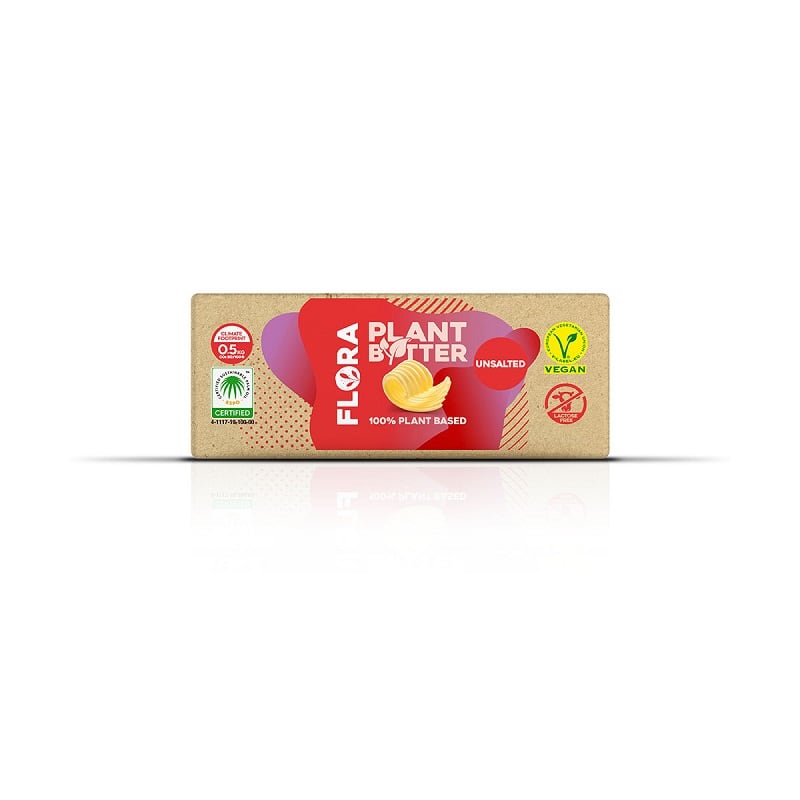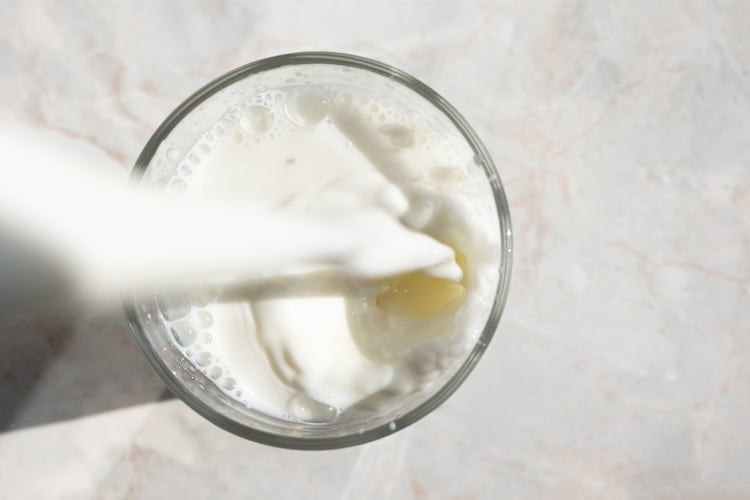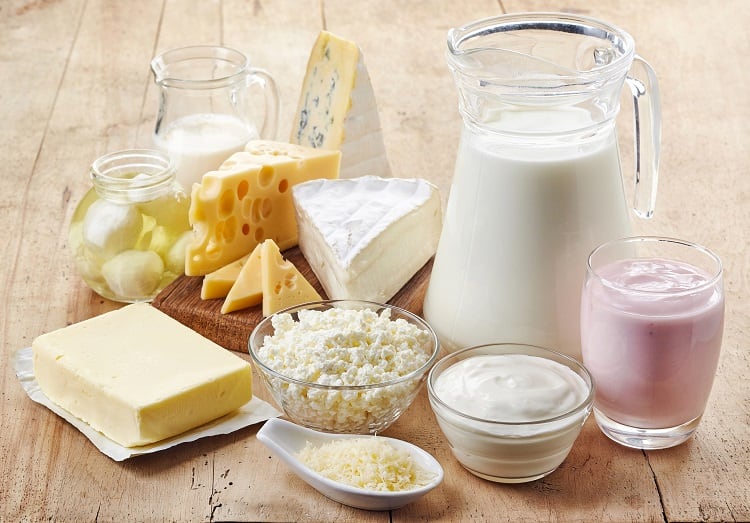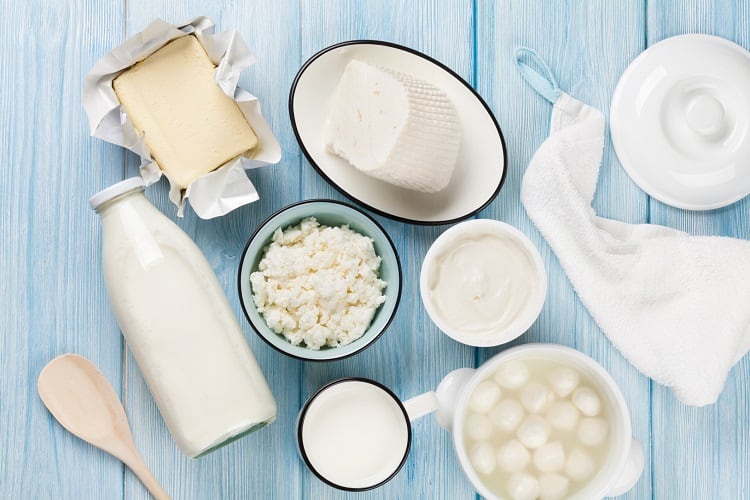Upfield teamed up with Quantis, an international sustainability consultancy specialising in Life Cycle Assessments (LCAs), to measure its impact on the climate and the environment.
In addition to Flora margarine, Upfield makes more than 100 brands, including Rama, Blue Band, Proactiv, Becel, I Can’t Believe It’s Not Butter, Country Crock and Violife. The company sells its products in more than 95 countries, has 17 manufacturing sites throughout the world and employs more than 4,100 associates.
In 2018, Quantis completed a large scale LCA covering 212 of Upfield’s plant-based margarines and spreads sold in 21 different European and North American markets. The LCA measured the total environmental impact of a product, including agricultural inputs, ingredient production, manufacture, packaging, transport and usage. This data was then scaled up to a portfolio level based on sales data and the theoretical assumption that consumers and chefs bought plant-based butters, margarines and spreads instead of dairy butter for a one-year period.
Based on this, Upfield estimated that it has helped consumers and chefs avoid emissions of up to 6 million metric tonnes of CO2-equivalent in a year: the same amount of emissions they would have avoided by growing 100 million tree seedlings over ten years.
Upfield also claimed that compared to dairy butter, its spreads have a 70% smaller carbon footprint in terms of greenhouse gas emissions, use two-thirds less land per year across the product lifecycle and half the amount of water consumed across the product lifecycle.
“Compared with 1kg of dairy butter, the same amount of our plant-based margarines and spreads are responsible for 9kg less carbon dioxide equivalents or greenhouse gases, occupy 8m2 less land per year, and use 100 litres less water,” it said.
The company claimed its emissions savings are achieved largely due to the use of plant-based ingredients in its products instead of animal products. Making dairy butter results in substantially damaging methane emissions from cows, in addition to growing crops for cattle feed, it said. In contrast, plant-based production relies only on the growing of crops.
Sally Smith, Head of Sustainability at Upfield, said the emissions data were a ‘proof-point’ for why a plant-based transition is needed. “This data helps demonstrate that choosing just one company’s plant-based products can help consumers save emissions by the same magnitude as planting a large forest. The scientific consensus is that we need a plant-based shift to tackle the crisis in climate and nature. We encourage policymakers and stakeholders to consider the insight from this approach and its implications for sustainable diets worldwide. At Upfield we are also committed to putting climate footprint information on pack as a way to help consumers make active choices to help reduce the carbon impact of their diets and we’d love to see other food businesses doing the same.
“We have set ourselves an ambitious goal to reduce Upfield’s own emissions to net zero and continue to take steps towards meeting this goal.”
‘The figures are frankly ridiculous’
But Paul Foulkes-Arellano, founder of Circuthon Consulting, which gives advice to businesses wanting to transition to a circular economy model, criticised the findings – specifically the methodology’s assumption that shoppers chose plant-based butters, margarines and spreads over equivalent dairy-based products for a year. This, he explained to FoodNavigator, was akin to comparing a time when all cars were using leaded petrol and saying switching to unleaded petrol would be X amount less harmful to the environment.
“The whole premise is nonsensical because a lot of people are not eating butter in the first place,” he said. “You can’t extrapolate millions of households who aren’t eating butter in the first place… When you’re framing something as a sustainability statement, you can’t use the past as a way of claiming what you’re doing now is more sustainable.”
He pointed out that butter consumption in the UK is relatively low and falling, averaging 2.7 kilograms per capita in 2017 versus the EU average of 3.8 kilograms per capita, according to Statista data. Since 2006, imports of butter into the UK have almost halved, dropping from 147,000 metric tons to 84,000 metric tons by 2018.
“Consumers have been buying dairy-free for decades. So the figures are frankly ridiculous – they only make sense if 100% of the 2020 yellow fats market was butter and ghee.”
He also criticised Upfield’s move last year to ‘de-veganise’ its Flora Buttery by adding 10% buttermilk to the recipe. This decision – carried out to provide the ‘familiar taste profile that many consumers said that they prefer’, according to Upfield, came only 18 months after the company reformulated its entire range to contain 100% plant-based ingredients.
“If Upfield are so concerned about the environment, why did they launch Flora Buttery in 2020? Blended with buttermilk. Not suitable for vegans. Literally adding to their carbon footprint…”





